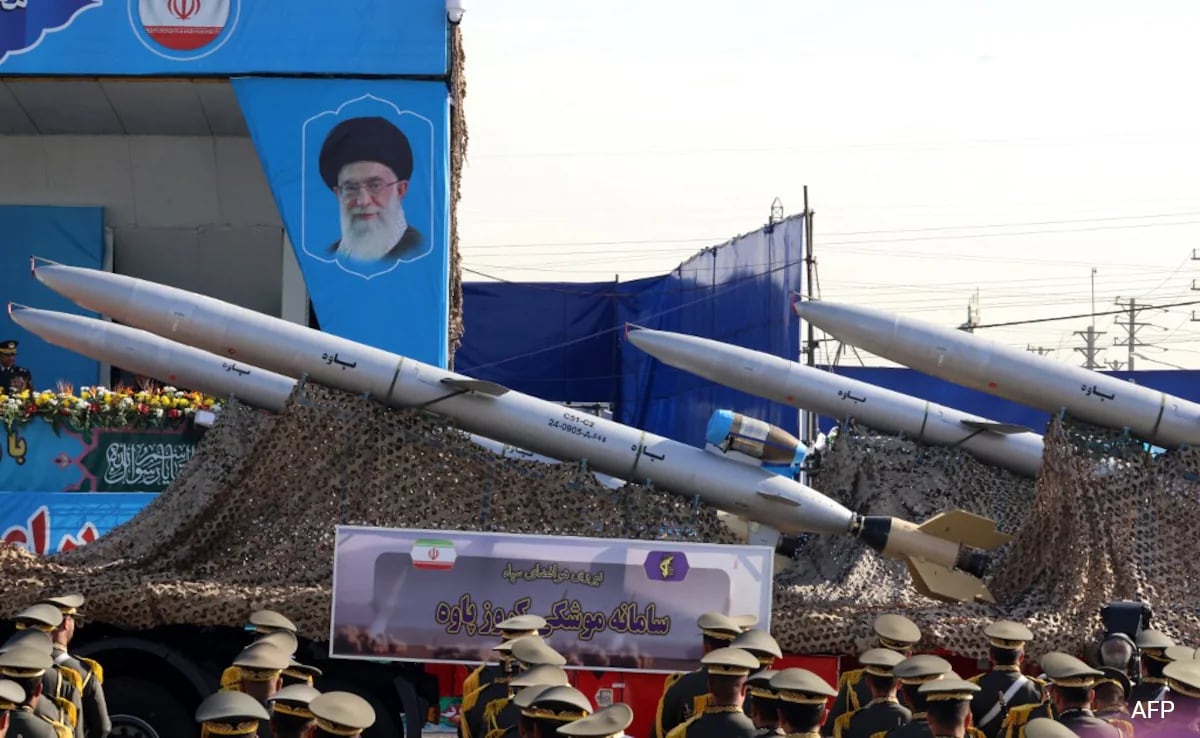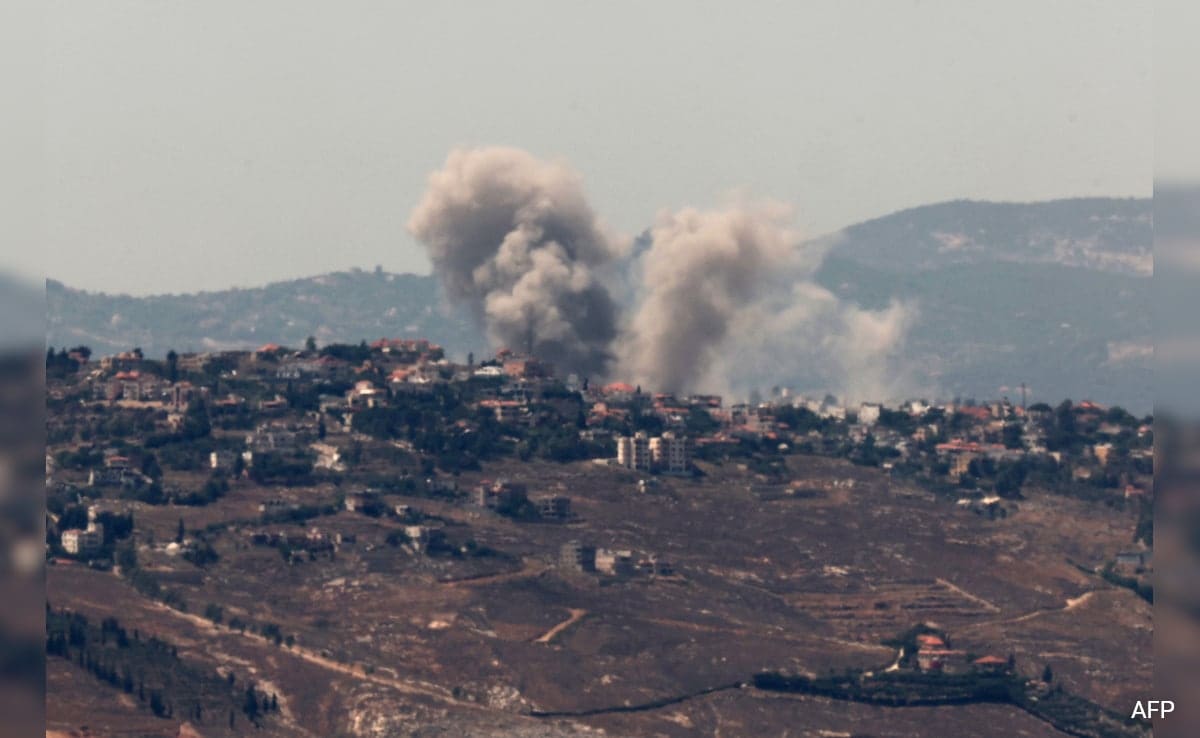In January 2013, the soldier complained of breathlessness in extreme climatic conditions.
New Delhi:
The Supreme Court on Tuesday ordered the Indian Army to pay Rs 50,000 costs to the widow of a soldier, who was a part of Operation Rakshak in Jammu and Kashmir.
A bench, headed by Justice Abhay S. Oka, was dealing with a special leave petition filed by the Union government against an order of the Armed Forces Tribunal (AFT) granting the soldier’s wife benefits of Liberalised Family Pension (LFP).
“In our view, in a case like this, the respondent (widow) ought not to have been dragged to this court, and the decision-making authority of the appellants ought to have been sympathetic to the widow of a deceased soldier who died in harness,” the bench, also comprising Justice A.G. Masih, said.
The soldier was part of an ‘Area Domination Patrol’, which was launched for domination of the Rangwar gap in the proximity of the Line of Control (LC) along the Anti-Infiltration Obstacle System (AIOS).
In January 2013, he complained of breathlessness in extreme climatic conditions and the regimental medical officer found his condition very critical.
He could not be air-evacuated due to bad weather and was evacuated on foot. The cause of his death was cardiopulmonary arrest. Initially, his death was classified as a “battle casualty” but was later classified as a “physical casualty” attributable to military service.
The wife of the soldier was granted all terminal benefits, including a special family pension. She moved before the AFT challenging the denial of the Liberalised Family Pension (LFP).
Ultimately, the AFT, in August 2019, allowed her application and directed the Indian Army to grant LFP and ex-gratia lump sum amount payable in case of battle casualties dying in harness.
The respondent authorities argued before the Supreme Court that the view taken by the AFT was “entirely erroneous” as the soldier died due to cardiopulmonary arrest and his case was classified as a “physical casualty” attributable to military service, eligible for a special family pension.
In its judgment, the Supreme Court took note of the fact that initially, the Commanding Officer had categorised the death as a “battle casualty”, and later on, it was changed to a “physical casualty”.
Further, the certificate issued by the Commanding Officer recorded that he was working in extreme climatic conditions on the date of his death.
The top court said that “the death can be attributed to illness caused by extreme climatic conditions” and the case will fall in the category of “Battle Casualties”.
“In this case, the death has occurred as a result of a war-like situation prevailing near LOC. Therefore, we concur with the view taken by the Tribunal,” it added.
Dismissing the Union government’s appeal, the top court said that the AFT judgment would be implemented within a maximum period of three months and ordered respondent authorities to pay the costs quantified as Rs 50,000 to the widow within two months.
(Except for the headline, this story has not been edited by NDTV staff and is published from a syndicated feed.)



















